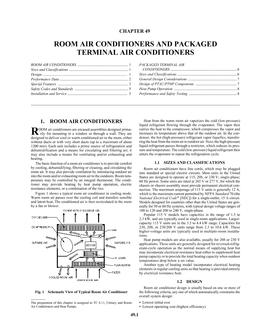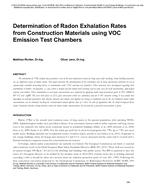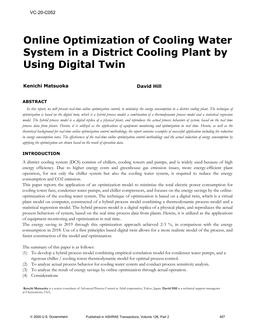This paper describes an analysis of long-term, hourly weather data in several climates to determine the conditions for which available wind speed and coincident temperature and humidity can be used to meet human comfort conditions. By calculating the change in enthalpy produced by a typical residential air conditioner during those hours when an occupant is uncomfortable, we were able to estimate the impact of natural ventilation on building cooling load. The results are summarized in graphic formats, which allow a designer to determine (1) the effect of ventilation on human comfort, (2) the orientation of building openings that will maximize ventilative cooling of the building occupants, and (3) the potential cooling load reduction due to increasing the ventilation air speed in typical residential buildings. The analysis makes use of the Pierce Two Node Comfort Model (Gagge et al. 1971) and a data base of residential cooling loads (Huang et al. 1986) developed with the DOE-2 building energy simulation program (BESG 1985).
Units: Dual
Citation: Symposium, ASHRAE Transactions, 1986, vol. 92, pt. 2B, Portland, OR
Product Details
- Published:
- 1986
- Number of Pages:
- 11
- File Size:
- 1 file , 1.3 MB
- Product Code(s):
- D-PO-86-15-2


